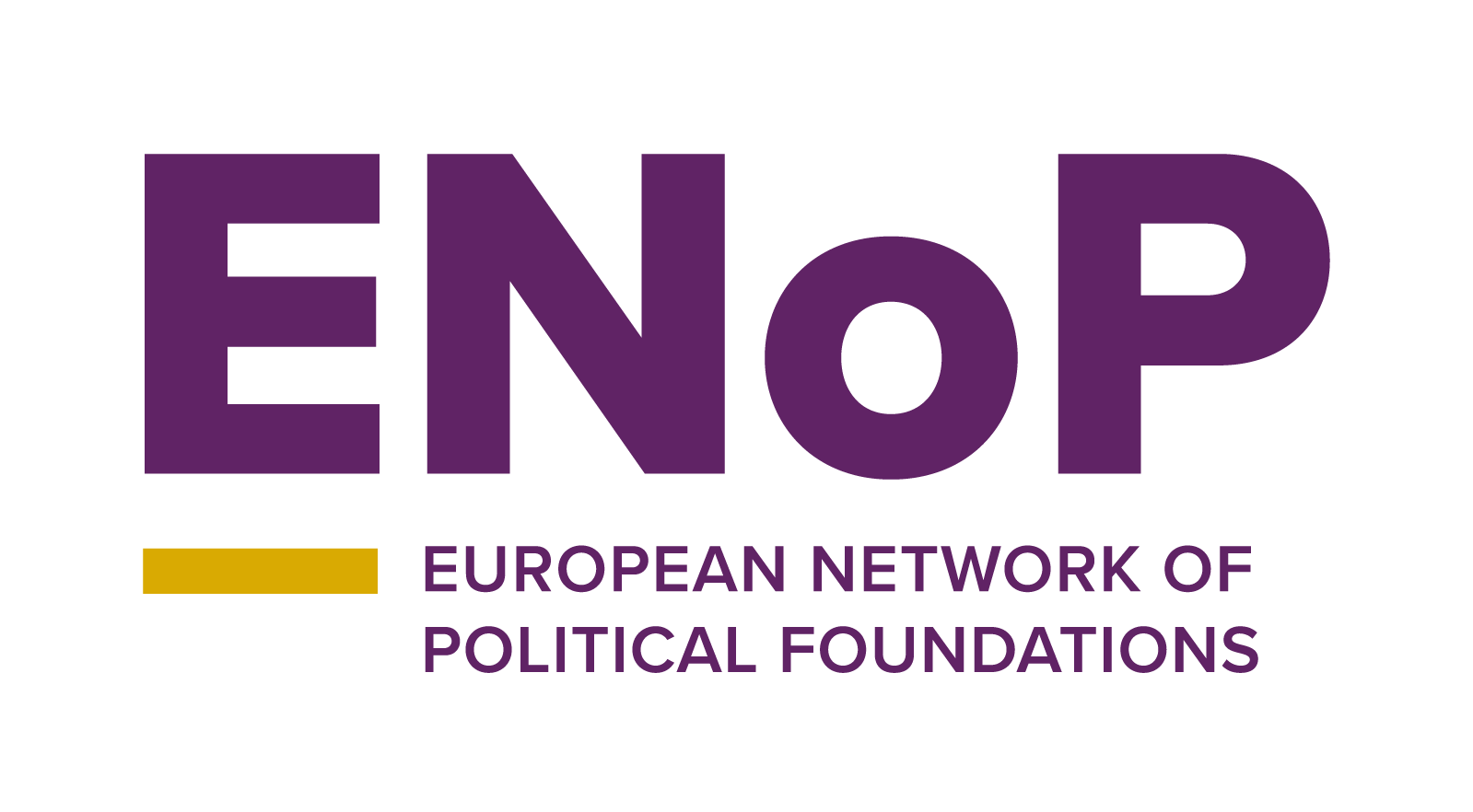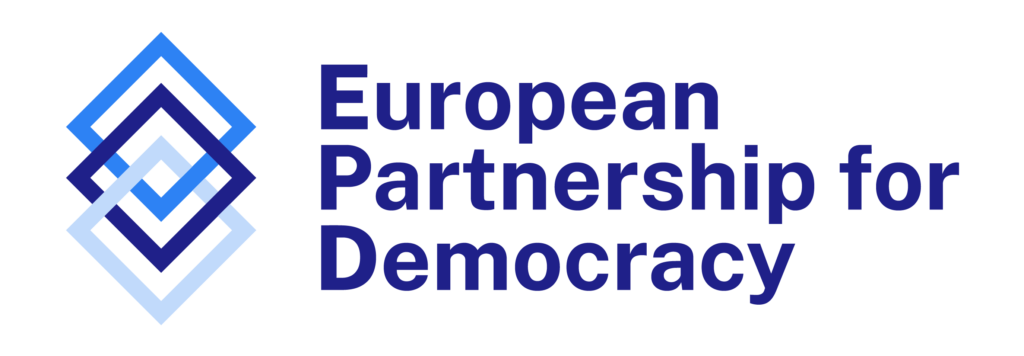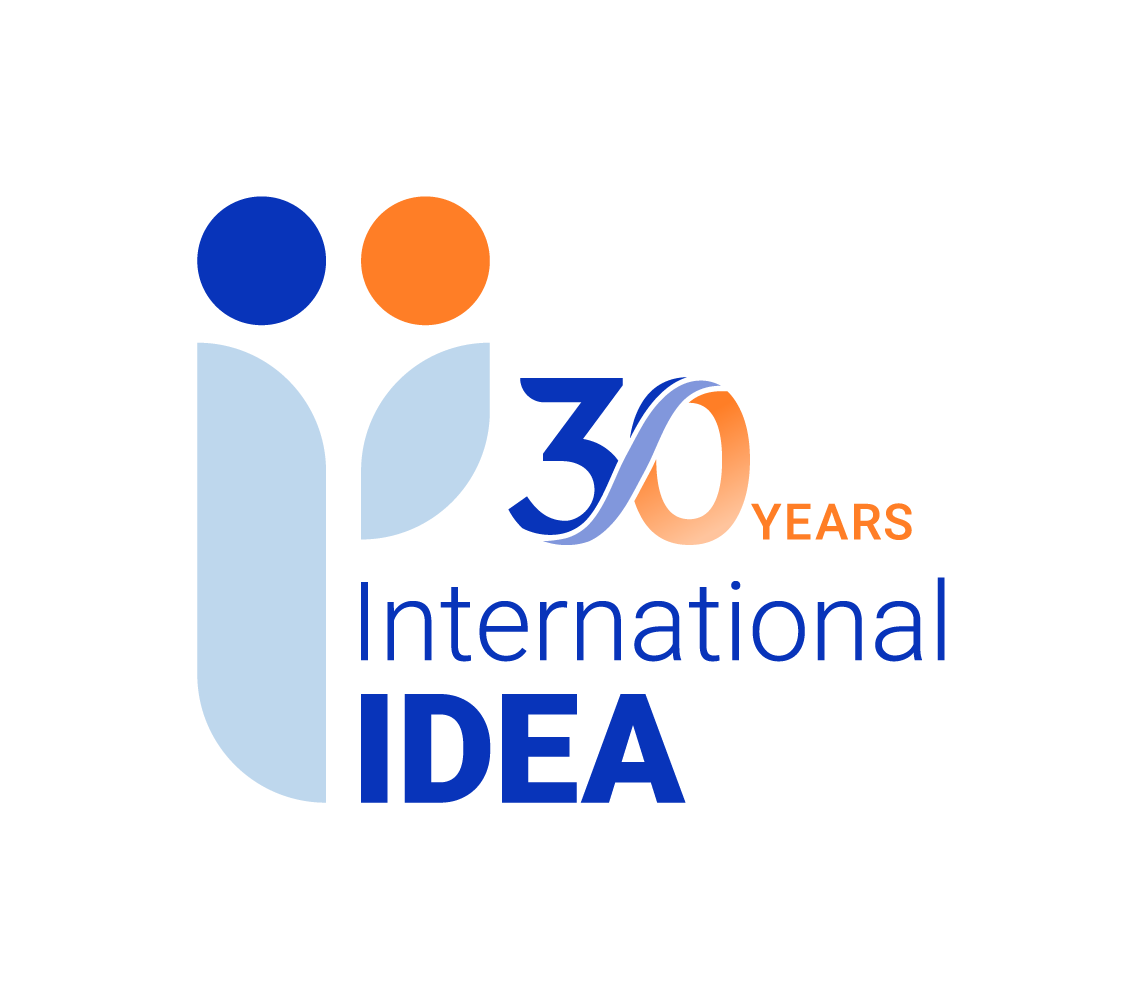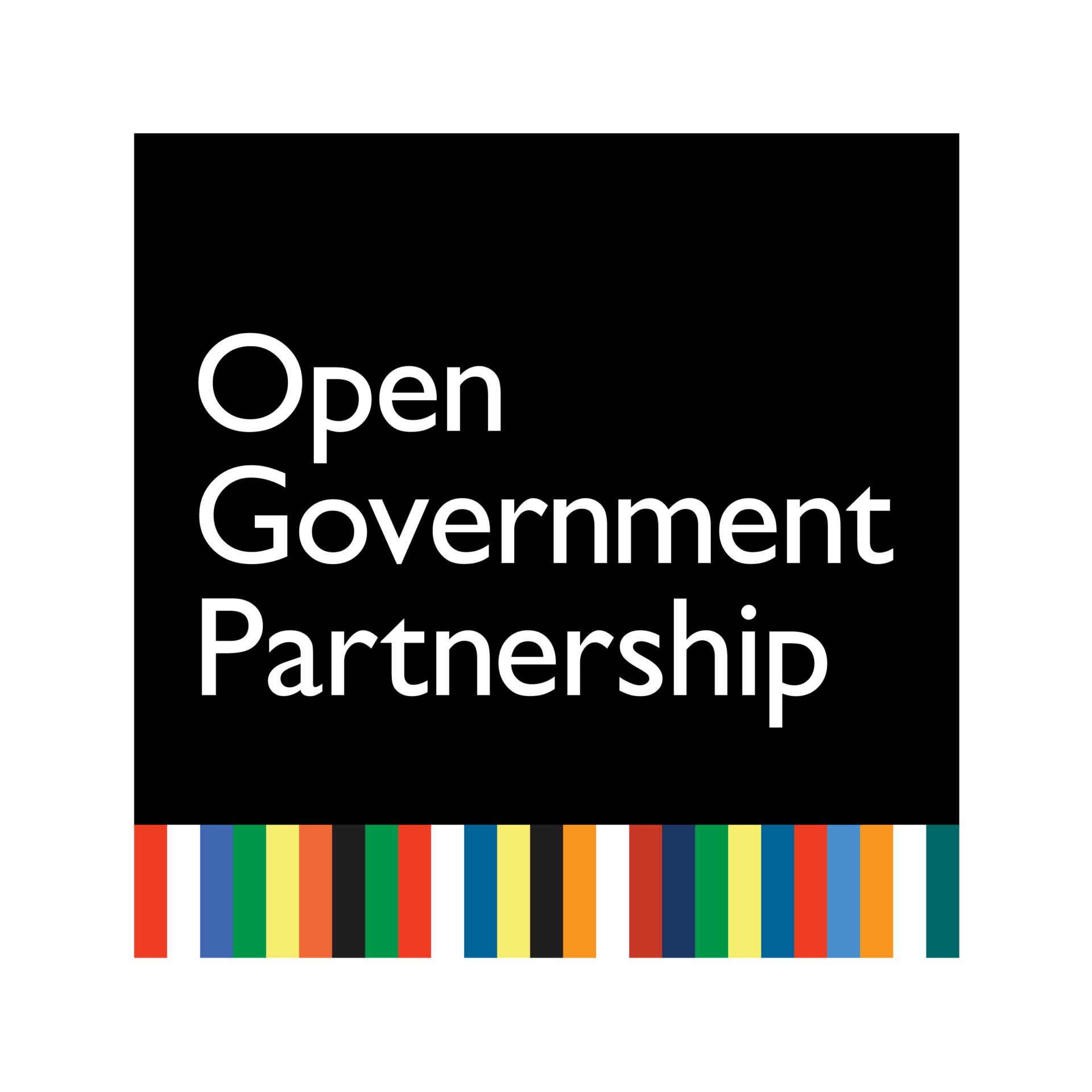The EU Multiannual Financial Framework
On 16 July, the European Commission presented its proposal for a new Multiannual Financial Framework (MFF) for the period 2028–2034, a detailed EU Budget structure setting spending ceilings for various policy areas, and taking into account strategic priorities and geopolitical realities.
The European Partnership for Democracy is closely monitoring the negotiations to ensure that support for democracy within and outside Europe remains at the heart of the next MFF and that adequate funding is provided.
Do you want to learn more about our work on the EU Multi-Annual Financial Framework? Contact our Policy Coordinator at [email protected].
Why democracy must be at the heart of the next EU Budget
Support for democracy is part of the DNA of the European Union, but it also serves its self-interest. Strengthening EU values simultaneously means boosting the resilience and therefore security of the societies of EU Member States and that of its neighbourhood. Evidence shows that a more democratic world is a more peaceful world. Improving efficient corruption prevention mechanisms and stable investment frameworks contributes to the European economy’s competitiveness.
Threats to democracy, within Europe and outside, threaten the very existence of the EU as a political project that creates space for citizens to thrive and benefit from their fundamental liberties. It is essential to integrate fundamental rights and democratic governance across all EU policy areas. The EU and Member States need to dedicate resources in a more efficient and strategic way to respond more effectively to threats through the next Multi-Annual Financial Framework.
Unpacking the proposed EU Budget

Structure
52 programmes
in the current EU Budget
vs.
16 programmes
in the new EU Budget

Amount
1.07 trillion EUR
in the current EU Budget
vs.
2 trillion EUR
in the new EU Budget
Democracy support within the EU
In the new MFF, funding for internal democracy support will be provided through 4 different programmes:

AgoraEU
AgoraEU will be a new general instrument for democracy support, merging several existing instruments aimed at the protection of EU values, media and culture and composed of three strands: Creative Europe – Culture, Media+ , CERV+: Rights, equality, citizens and civil society

Horizon Europe
will provide funding for democracy research under the pillar “Competitiveness and Society”, which includes an objective to support collaborative research and innovation in areas of high societal impact such as democracy.

ERASMUS+
will provide funding for democracy in education through the pillars “Learning opportunities for all” and “Capacity building support”.

The Justice programme
will support justice systems and efficient, inclusive and resilient European areas of Justice.
In its proposal, the Commission states that the respect for the rule of law will be a must for all funds. This means that the payments under the new National and Regional Partnership Plans (NRPPs) will be linked to the annual rule of law report: if a Member State does not meet the conditions set, the Commission will implement a suspension of payments.
At a glance:

MFF 2021-2027
Citizens, Equality, Rights and Values Programme (CERV)

MFF 2028-2034
AgoraEU

MFF 2021-2027
1.55 billion EUR

MFF 2028-2034
8.58 billion EUR

MFF 2021-2027
2.44 billion EUR in the media strand of Creative Europe

MFF 2028-2034
3.19 billion in the Media+ strand of AgoraEU

MFF 2021-2027
1.55 billion EUR in the CERV programme

MFF 2028-2034
3.59 billion EUR in the Democracy, citizens, equality, rights and values strand of AgoraEU

MFF 2021-2027
305 miIlion EUR in the Justice, Rights and Values Fund

MFF 2028-2034
798 million EUR in the Justice Fund

MFF 2021-2027
95.5 billion EUR on Horizon Europe

MFF 2028-2034
175 billion EUR on Horizon Europe with a small portion of this dedicated to democracy and disinformation
Global democracy support
The Commission proposal for external action provides for the abolition of thematic programmes with their own budgets, such as democracy, human rights, and civil society organisations. Instead, the proposal envisages structuring foreign policy exclusively on geographic pillars.
This is a significant change of emphasis in the EU’s external actions: from the traditional focus on poverty alleviation and European values towards a new main objective of defending the EU’s strategic global interests.
The main instrument for external EU democracy support will be the Global Europe Instrument:

Global Europe
is a big merger of several external action funds, including the current NDICI – Global Europe, humanitarian aid (HUMA), the Moldova Facility, the Western Balkans Facility and the Instrument for Pre-Accession Assistance (IPA III). It will be structured along 5 geographical pillars.
Democracy will be part of the ‘Global’ stream of Global Europe, which also includes green, digital, health, migration, peace & security and multilateral partnerships.
Funding for Ukraine is no longer part of Global Europe and will be drawn from a new Ukraine off-budget EUR 100 billion funding pot.
At a glance:

MFF 2021-2027
NDICI Global Europe 2021-2027

MFF 2028-2034
Global Europe 2028-2034

MFF 2021-2027
79.5 billion EUR

MFF 2028-2034
215 billion EUR

MFF 2021-2027
60.38 billion EUR
- Americas: 3.3 billion
- Neighbourhood: 19.3 billion
- Africa: 29.1 billion
- Asia and Pacific: 8.4 billion

MFF 2028-2034
129 billion + 100 billion for Ukraine
- Enlargement, Eastern Neighbourhood and Rest of Europe: 42.5 billion
- Global: 14.8 billionn
- Sub-Saharan Africa: 59.7 billion
- Asia-Pac: 16.7 billion
- Americas: 9 billion
- MENA and Gulf: 42.5 billion

MFF 2021-2027
6.36 billion EUR
- Human Rights and Democracy;
- Civil Society Organisations;
- Peace, Stability and Conflict Prevention;
- Global Challenges

MFF 2028-2034
Now features in the Global stream of Global Europe

MFF 2021-2027
3.18 billion EUR
Swiftly responds to crises, contributes to peace, stability and conflict prevention, strengthens the resilience of states, societies, communities and individuals, linking humanitarian aid and development action.

MFF 2028-2034
Now features in the Global stream of Global Europe

MFF 2021-2027
9.53 billion EUR
A protection for unforeseen circumstances.

MFF 2028-2034
14.8 billion EUR
A protection for unforeseen circumstances.

MFF 2021-2027
14.1 billion EU
Financial instrument to support reforms in EU candidate countries.

MFF 2028-2034
Now part of Enlargement, Eastern Neighbourhood and Rest of Europe pillar within Global Europe.

MFF 2021-2027
1.9 billion EUR
Financial instruments to support EU-related reforms and economic growth
(introduced in 2025)

MFF 2028-2034
Now part of Enlargement, Eastern Neighbourhood and Rest of Europe pillar within Global Europe.

MFF 2021-2027
6 billion EUR
Financial instruments to support EU-related reforms and economic growth
(introduced in 2024)

MFF 2028-2034
Now part of Enlargement, Eastern Neighbourhood and Rest of Europe pillar within Global Europe.

MFF 2021-2027
11.5 billion EUR

MFF 2028-2034
Now included in the geographical pillars.
Next steps
The MFF regulation is not adopted via ordinary legislative procedure, so the European Parliament does not have co-decision powers. The European Parliament published a statement on 16 July and will continue to suggest amendments and push for specific political priorities. This means that:
- The European Council will discuss and must unanimously adopt the new MFF.
- The European Parliament must give its consent afterwards (approval or rejection, without the possibility of making amendments).
EU DOCUMENTATION
EU DOCUMENTATION
Explore our recommendations
Explore our recommendations





Cover photo: ©mbruxelle on Adobe Stock.
Background of the page headings: ©Dmytro on Adobe Stock.
Background of “Explore our Recommendations”: ©Alexey Larionov on Unsplash.